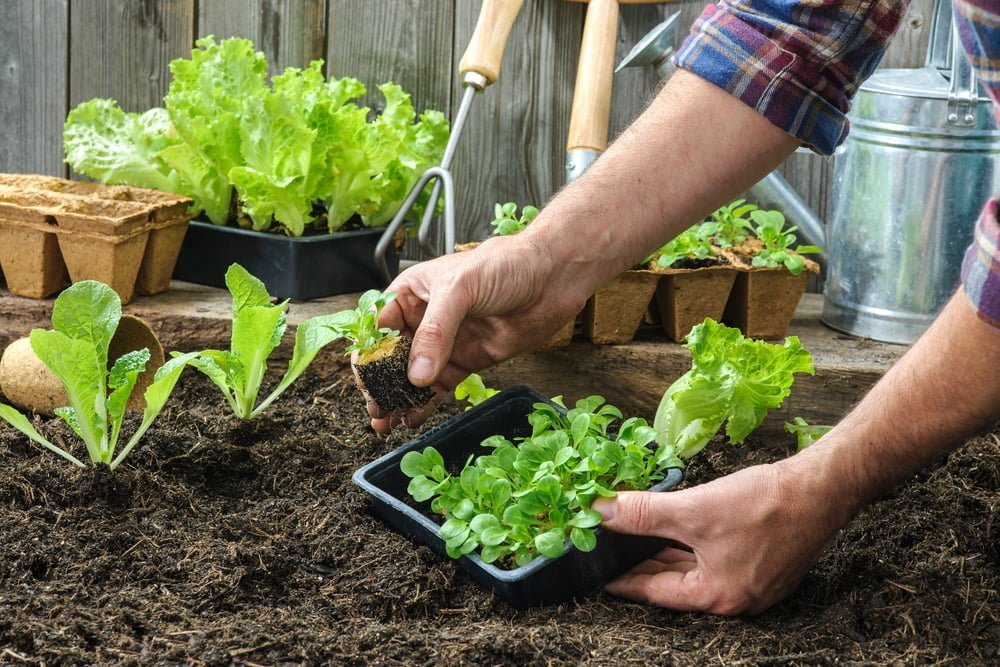Householders who garden sustainably should receive a council tax discount, according to researchers from the University of Sheffield. The study also suggests that artificial grass and pesticides should be banned to help protect the environment. The researchers explain that gardens must be “full of plants to be beneficial to the local environment”.
The government aims for everyone to have access to green spaces within a 15-minute walk from their home. However, some cities may have lost half of their green garden space over the past 20 years, with homeowners paving over areas for driveways and patios or replacing it with fake grass.
The study found that this trend leads to rising urban temperatures because plants help cool the air around them. «Gardens account for a third of all our urban areas and are vital spaces in terms of keeping our buildings and city environments cool in summer, absorbing rain to avoid flash flooding, and providing an important refuge for wildlife», explains Professor Ross Cameron, lead author of the study.
Many residents use artificial grass that kills much of the soil life underneath it, and when real plants are present, homeowners assume they need to hit them with a cocktail of chemicals to keep them alive and free of pests. The study calls for policymakers to introduce incentives to make sure gardens are well planted, such as money off bills for householders and financial rewards for people who plant trees.
Will Teare, a resident of Norton Lees in Sheffield, has planted his garden with vegetation that helps wildlife. «The family gets a lot of enjoyment out of it, the birds coming to nest, or watching the frogs and newts around the pond, it brings the garden to life and is a source of excitement for the kids», he said.
The Department for Environment, Food and Rural Affairs (Defra) said that they have no plans to ban artificial grass or give people money off their bills for maintaining their gardens. However, they have launched a planning tool to help councils set a target for the amount of green space provided in new housing developments.
In conclusion, the study by Sheffield scientists calls for a ban on artificial grass and pesticides to promote sustainable gardening. It suggests that policymakers should introduce incentives to ensure gardens are well planted and are accessible to all. Sustainable gardening practices, such as planting vegetation that helps wildlife, can bring gardens to life and provide benefits to both the environment and human well-being.









Show Comments